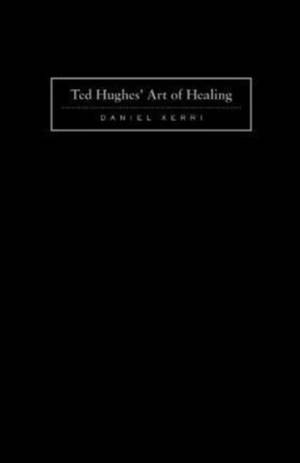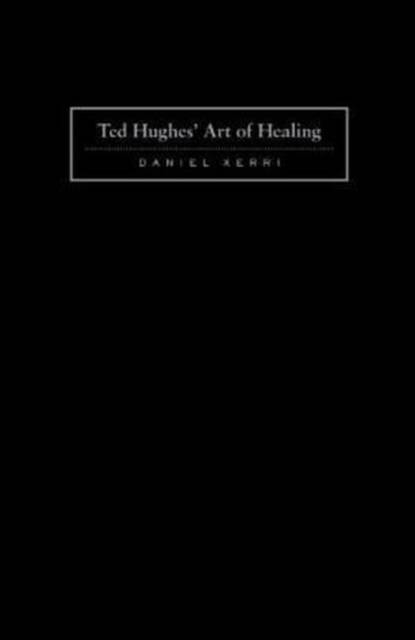
- Afhalen na 1 uur in een winkel met voorraad
- Gratis thuislevering in België vanaf € 30
- Ruim aanbod met 7 miljoen producten
- Afhalen na 1 uur in een winkel met voorraad
- Gratis thuislevering in België vanaf € 30
- Ruim aanbod met 7 miljoen producten
Zoeken
€ 50,45
+ 100 punten
Omschrijving
The late Ted Hughes felt that healing was the most fundamental characteristic of all poetry yet until now there has been no monograph on Hughes conception of poetry as a healing device. This study discuss and interprets the healing quality in Hughes' poetic works and evaluates the poet's notion of its significance for human civilization. Research includes Hughes and the immediate post-war generation of poets in Britain and Ireland, The Movement poets and Hughes' relations with them, Hughes as a cultural critic who perceives himself and his poetic talent as possessing redemptive function. Five chapters are devoted to Hughes' published works starting with HAWK IN THE RAIN and LUPERCAL; the collections are discussed focusing on violence as a manifestation of energy lacking in human affairs. CAVE BIRDS is analyzed in terms of the poet's adoption of alchemical motifs as a mens of showing the quester's journey to redemption. MOORTOWN is made up of four parts and the healing cycle present in each of those parts is adumbrated along with analysis of arcana, use of symbolism and literary allusions. RIVER is discussed with a view to clarifying Hughes' interest in light, healing and the redemptive elements of the end of the quest. Xerri also discusses Hughes as a skeptic and as a poet willing to explore the healing quest itself with an eye on spiritual discipline in the face of existential voids. "...An excellent study that belongs in any serious collection of Hughes work, British 20th c poetry and the art of poetics." Ray Hanna, North American Literary Review, Georgetown
Specificaties
Betrokkenen
- Auteur(s):
- Uitgeverij:
Inhoud
- Aantal bladzijden:
- 264
- Taal:
- Engels
Eigenschappen
- Productcode (EAN):
- 9781933146782
- Verschijningsdatum:
- 15/12/2009
- Uitvoering:
- Hardcover
- Formaat:
- Genaaid
- Afmetingen:
- 152 mm x 231 mm
- Gewicht:
- 521 g

Alleen bij Standaard Boekhandel
+ 100 punten op je klantenkaart van Standaard Boekhandel
Beoordelingen
We publiceren alleen reviews die voldoen aan de voorwaarden voor reviews. Bekijk onze voorwaarden voor reviews.











